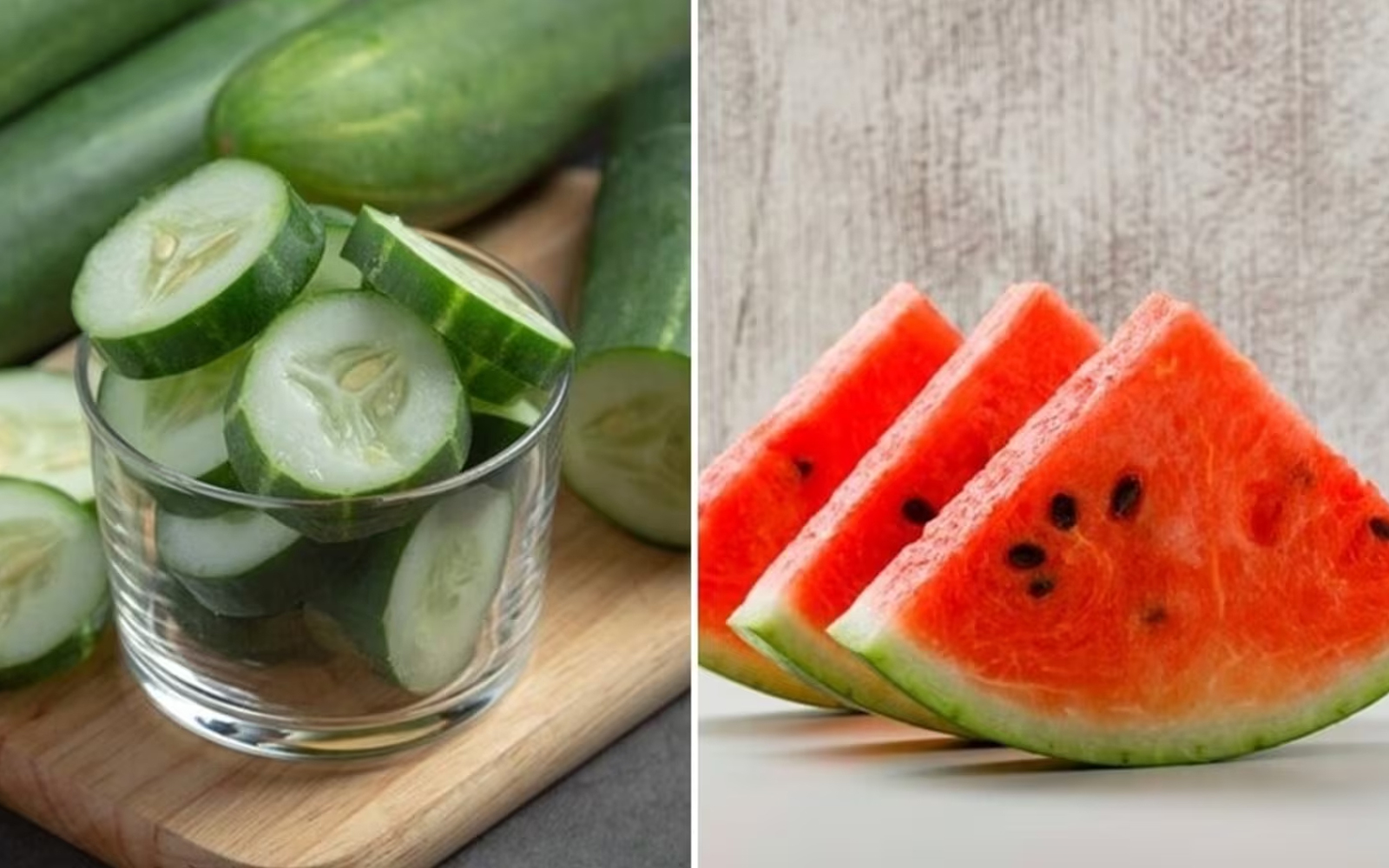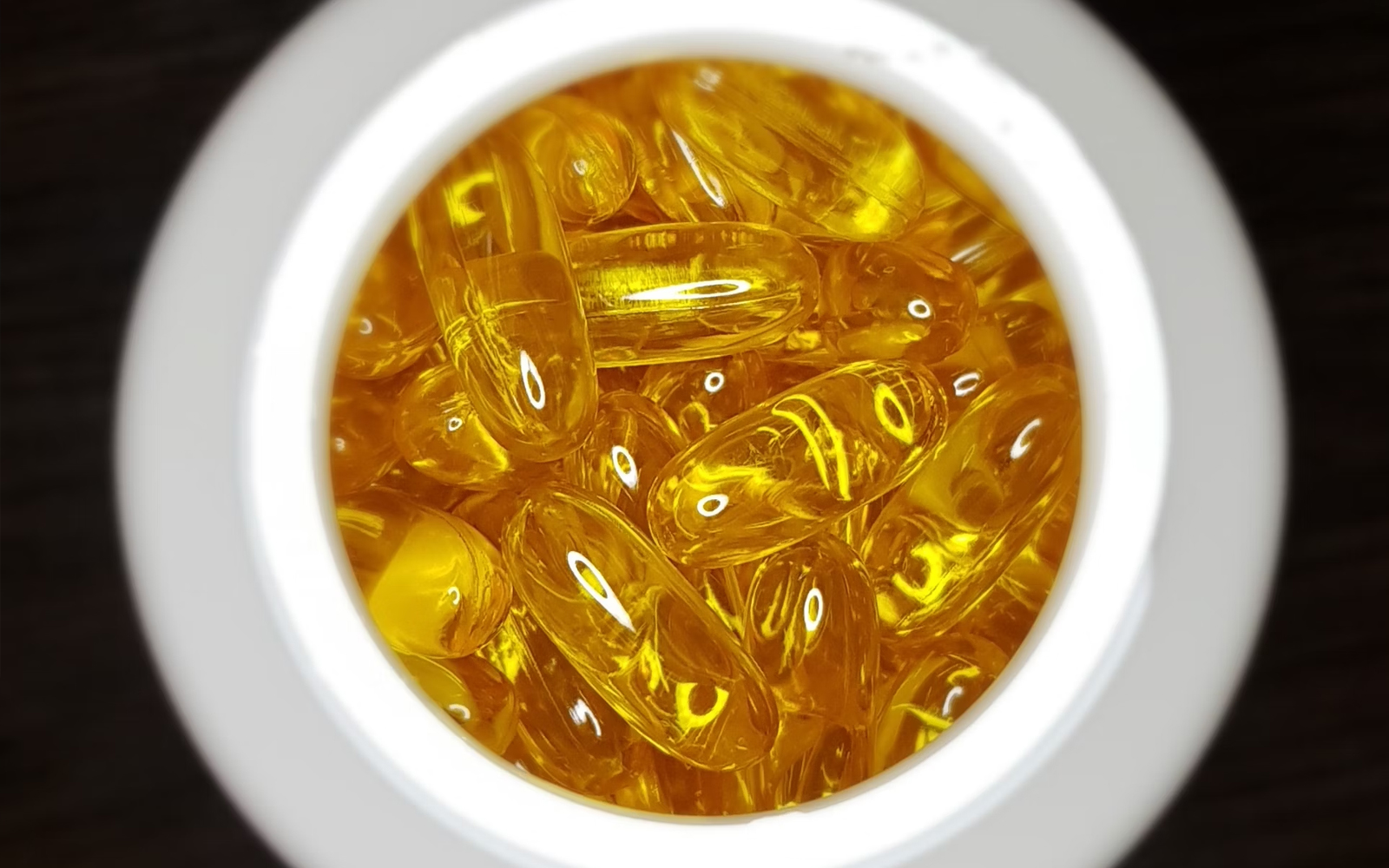
It is a common misconception that hydration can only be achieved through beverages. In fact, our diet can often provide more fluids than we realize.
When you hear about the importance of staying properly hydrated during the summer (or at any time), your first thought might be glasses of water or other beverages. While it is true that most of your fluid intake can come from drinking, there are certain foods with high water content that can significantly contribute to your daily hydration needs.
The Importance of Proper Hydration
Adults who maintain adequate fluid intake tend to be healthier, suffer from fewer chronic conditions, and even have longer lifespans compared to those who are not well-hydrated. Researchers also suggest that sufficient fluid consumption can slow down the aging process.
It’s beneficial to understand that daily fluid intake does not have to come exclusively from drinks, as many foods also contain a substantial amount of water.
Foods Ideal for Maintaining Proper Hydration
Cucumber Cucumbers top the list of hydrating foods, containing about 95-96% water. They are also low in calories (approximately 45 kcal) and high in fiber. Additionally, cucumbers are rich in vitamins K and A. They can be eaten on their own, mashed, or added to salads and sandwiches.
Celery Biting into fresh, crunchy celery stalks is a great summer activity, though often overlooked. Celery has nearly as much water content as cucumbers and is an excellent source of fiber. It’s also packed with antioxidants and can be a refreshing alternative to tortilla chips for dips.
Zucchini With a water content of 95%, zucchini is almost as hydrating as cucumbers. Although rarely consumed raw, zucchini retains much of its water even after cooking. Its low carbohydrate content makes it suitable for diabetics, and it is loaded with valuable antioxidants and vitamins (C, B, K). Including zucchini in your meals more frequently is highly beneficial.
Watermelon Watermelon, and other types of melons, are well-known for their high water content (around 90-91%). Despite concerns about their sugar content, a small bowl of chopped watermelon contains just over 9 grams of sugar. It’s a perfect choice to stay hydrated during hot summer days.
Tomatoes Did you know that tomatoes are composed of 94% water? It’s no wonder we prefer them during the hot summer months over the colder winter ones. Tomatoes are rich in potassium, iron, magnesium, folic acid, and vitamin C. Regular consumption of tomatoes is recommended as they support fertility, immune system health, and gut health.
In conclusion, incorporating these hydrating foods into your diet can help you stay properly hydrated, especially during heatwaves. They not only provide essential fluids but also offer a range of nutrients that contribute to overall health and well-being.


